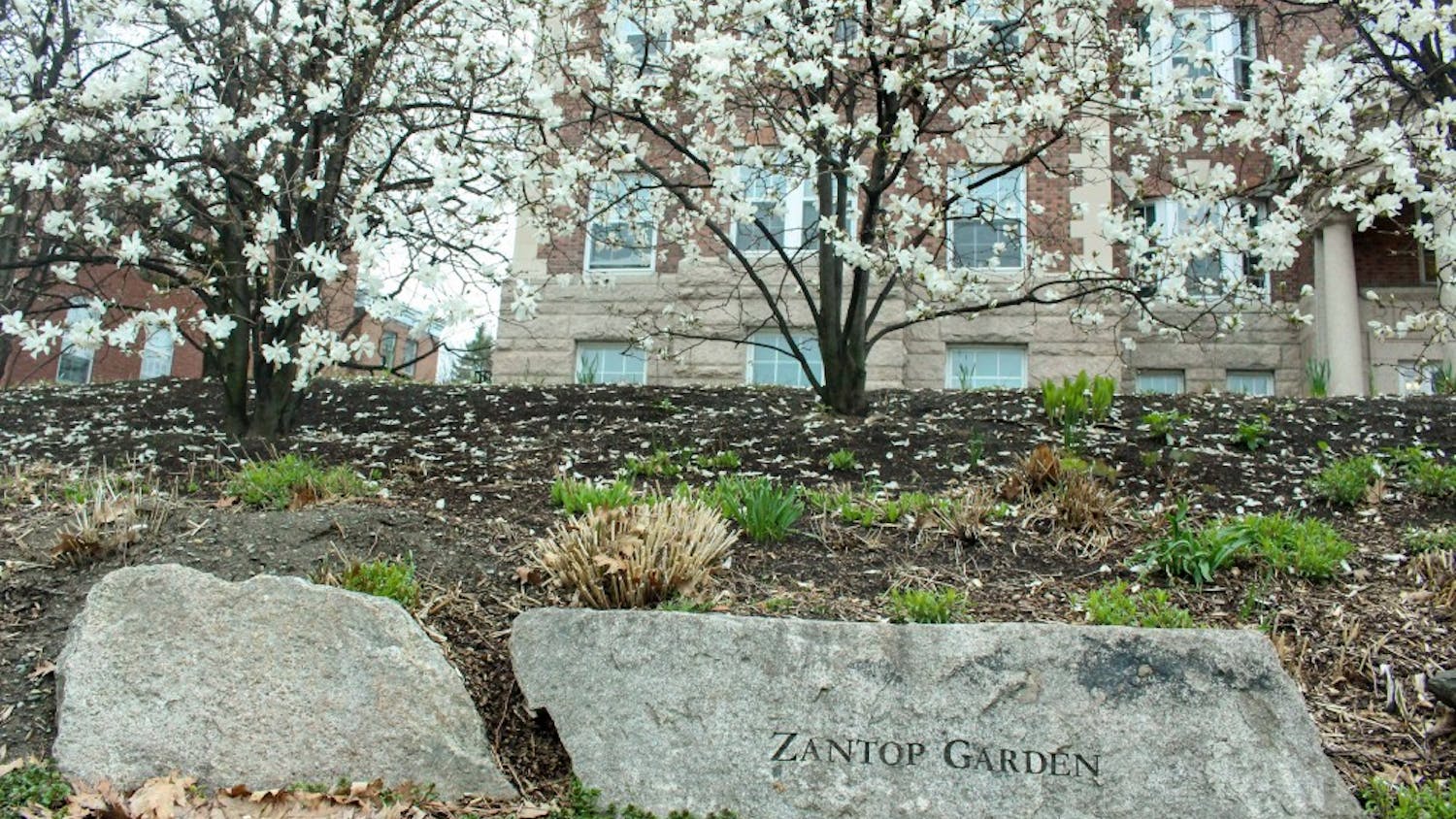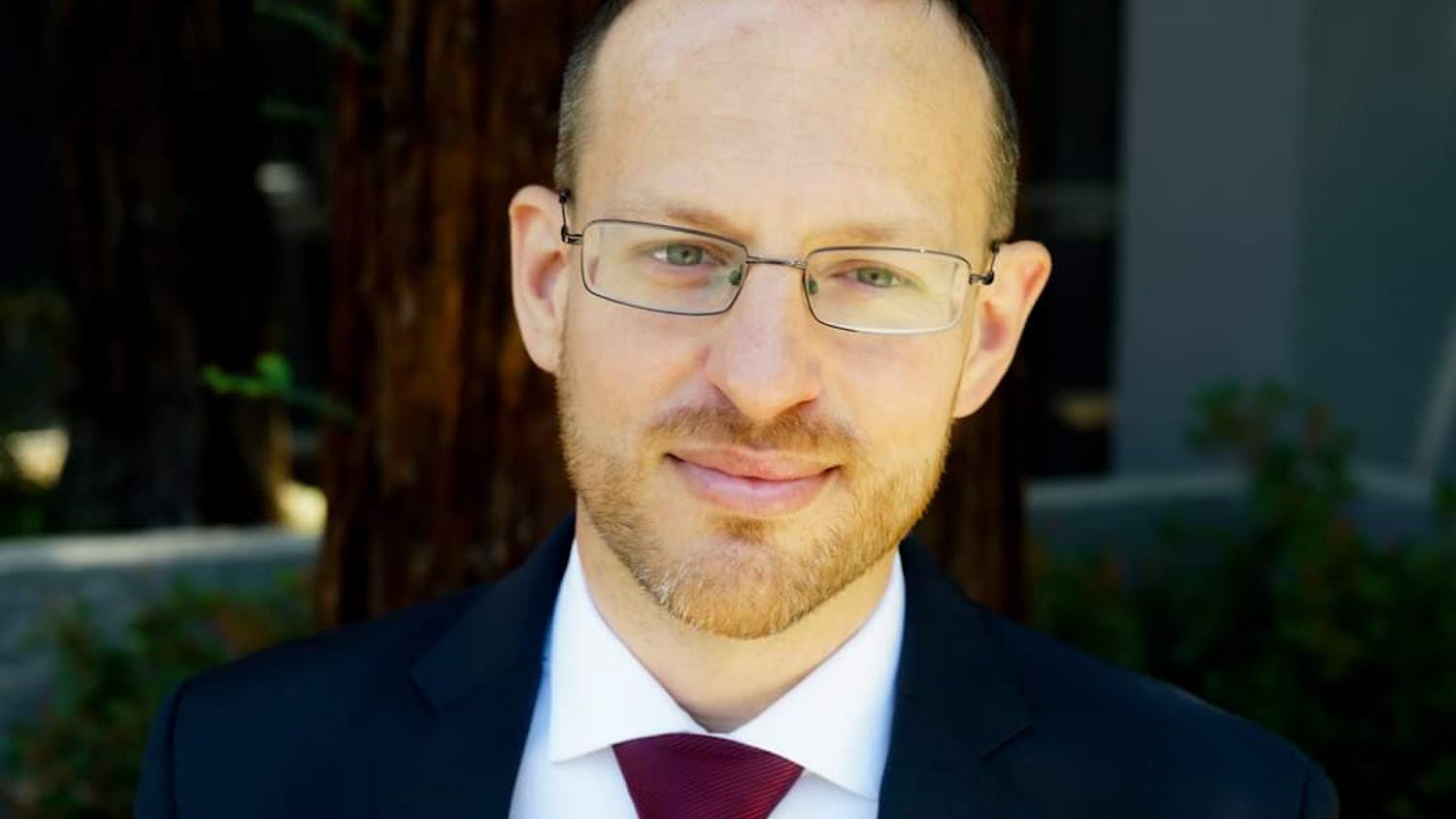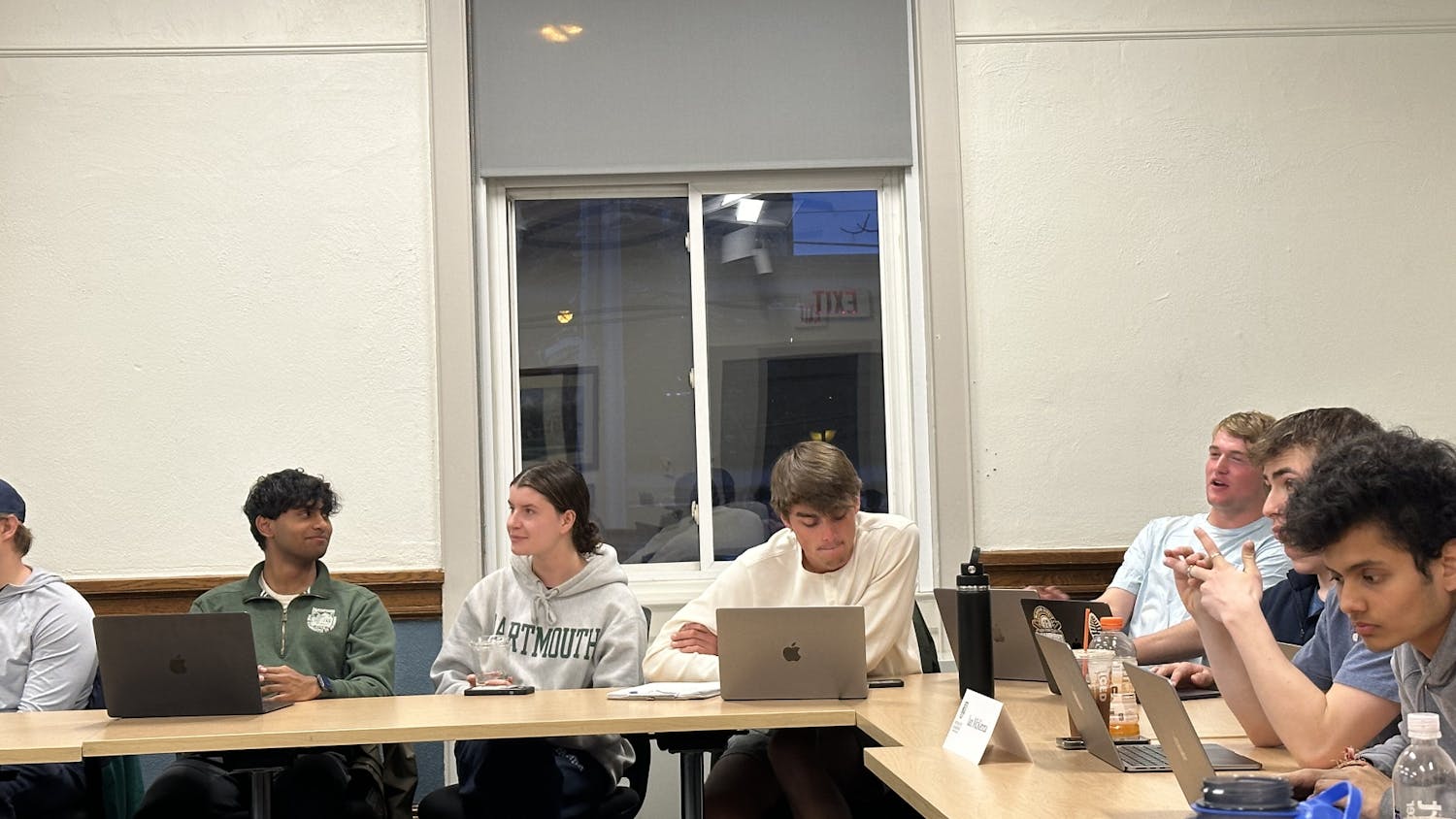Patriotism, a long and tightly-held part of American identity, is waning among American youth. In a 2015 Pew survey, 73 percent of the Silent Generation — Americans born between 1928 and 1945 — described themselves as patriotic, while only 12 percent of millennials felt the same. Amid a strongly divided political climate, as well as a campus recovering from Fourth of July celebrations, The Dartmouth asked six students about their thoughts on patriotism and national identity.
‘The struggle of adopting both sets of beliefs’

Cognitive science major and Asian and Middle Eastern Studies minor Aboubacar Cherif ’19 hails from Louisville, Kentucky.
To me, patriotism is the adherence to specific sets of beliefs and ideologies that is usually shared by a wider community, whether that be a group of people or a state. Because I’m kind of divided between the patriotism of being an American and a Guinean, as someone who has had experiences in both countries and has adopted some beliefs from both, patriotism, for me, is the struggle of adopting both sets of beliefs.
‘All of the people, not just a subset’
Lauren Bishop ’19, from Jacksonville, Florida, is a history major and public policy minor. She is interested in pursuing a career in the public sphere and is passionate about history.
How was your Independence Day?
It was good. We had a barbecue at Alpha Theta. This Fourth of July was a bit different because I am taking the “Race and Slavery [in U.S. History]” class. And I’m starting to look at it differently. Growing up in the South, I had great history teachers, but one of the big downfalls of my history education was, especially in American history, that we really did not discuss the history of slavery and racism in the South at much length. Fourth of July this year was really a reflection.
What does patriotism mean to you?
Patriotism, to some people, means this unquestioning and almost blind love for country that does not include criticism. But for me, patriotism means a sincere love for one’s country, and by country, I not only include the laws and the land, but the people who inhabit it, and I mean all of the people, not just a subset. And loving the country means wanting it to be the best that it can be and I think that the only way we can do that is through sincere reflection and acknowledgment of our history, trying to fix things for the future and make it better. So I think that having that knowledge and awareness of the context of slavery with Fourth of July is better informed patriotism — it’s less blind, but more accepting. In a way, I think it’s strengthened it. I don’t think blind patriotism is good patriotism.
'This is who I am. This is who we are.’
Alice Hsu ’19, is from Seattle, Washington, and is a math major and chemistry minor.
What does patriotism mean to you?
When people talk about patriotism, a lot of what I think about is the military, bald eagles, the American flag and Fourth of July. But to me personally, it doesn’t mean very much. I don’t usually think too much about patriotism, and maybe it’s because of the political climate or because I’m Chinese-American. I don’t feel American sometimes because of what we hear on the news. There’s a lot of xenophobia, fear and hatred of minorities, which maybe makes me feel less inclined to feel patriotic.
Can Fourth of July be celebrated outside of current politics?
Yes, I think so. I don’t think patriotism necessarily has a lot to do with agreeing with what your government puts out. I think it’s more like being proud to be an American, being proud to be living in the country that you live in, despite the shortcomings that accompany it. It’s just like, this is who I am. This is who we are. I think patriotism is cool. To be patriotic is not necessarily a bad thing, but being a patriot is not necessarily something that a lot of people identify as, because of a lot of the connotations and a lot of the cultural backgrounds that come with being a patriot.
‘What is the cause of the patriotism?’
Raul Rodriguez ’19 is from New York City and is interested in pursuing a philosophy major.
In the traditional sense, my understanding of patriotism is as an intense or moderate pride in one’s country, but I guess now in the political moment, the interesting stuff lies in what underlies the patriotism. What is the cause of the patriotism? Is it a response to xenophobia or is it another form of nationalism? I think those sorts of questions are prominent now.
‘‘The right to be dissenting’
Paulina Calcaterra ’19 is from New York. She is involved with sexual violence prevention work and other forms of social activism on campus.
To me, patriotism is misconstrued as loving America. But I like the people who can be patriotic but critical, because I think one thing that is unique about our country is that you have the right to be dissenting and that’s something that is important, and very valuable and fragile sometimes. So I think criticism is important, especially to remember that this country wasn’t made for everyone. This country’s Constitution was not made with the same rights in mind for everyone who has them now. So, for people who aren’t patriotic, I think we need to understand that they came from histories of oppression, and why their historical experience in America validates why they might not be so intuitively patriotic.
‘Fighting to have the right to live the kind of way we want to’
Matthew Sindelar ’18, from New Bremen, Ohio, is majoring in Chinese modified with economics. After high school, Sindelar served as an airborne linguist in the U.S. Air Force for four years, then attended school in Illinois for a year before transferring to Dartmouth.
What does patriotism mean to you?
When I joined the military, everybody was allowed to have their own opinion. And that was what I was trying to protect, the ability for people to have a conversation without hurting each other. It wasn’t that I was in the military because I was a hardcore American from the Midwest with conservative parents and I felt that that was what the military should be. That’s what America is. We’re just all these people who come together, and we can hold completely different religious views, even in the military. We’re all just fighting to have the right to live the kind of way we want to.
Where does your love for America come from?
I can live right next to someone who is a hundred percent a different person from me, but we can both be happy. And their happiness doesn’t take away from my happiness. That’s what makes America so awesome. And we’re not perfect. The system’s messed up, and I think our government’s a little messed up. So, I think of a love for my country — it’s a love for kind of the idea of what America is.



